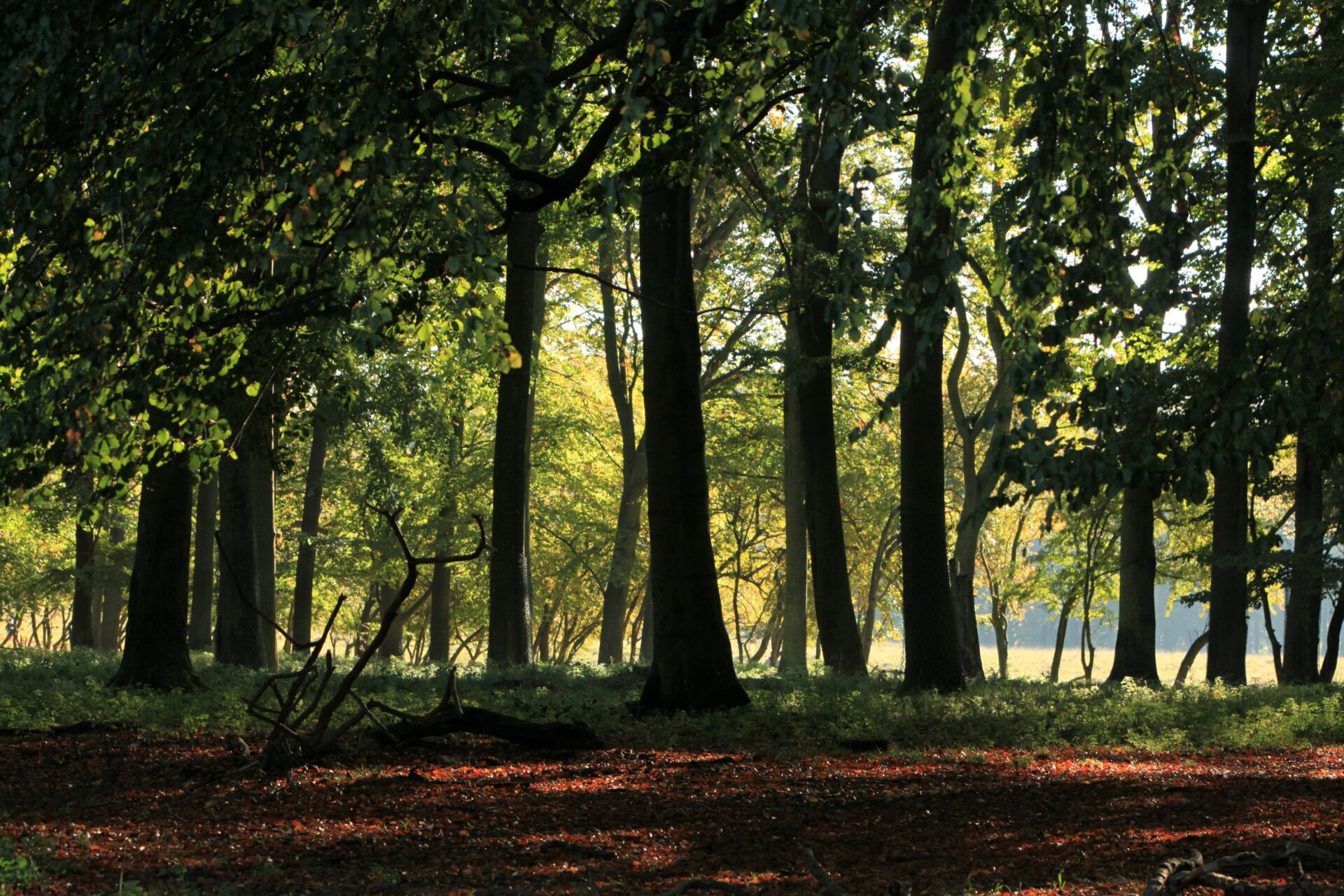Project Aim
The purpose of RELATE was to initiate a step-change in our understanding of how nature underpins human wellbeing in a time of profound environmental change. Global phenomena, such as urbanisation, agricultural intensification and biotic homogenisation, have led to extensive ecosystem degradation and species extinctions, and, as a result, a reduction in biodiversity. Yet, while it is now widely asserted in the research, policy and practice arenas that interacting with nature is fundamental to human wellbeing, there is a worrying paucity of nuanced evidence characterising how the living components of nature, biodiversity, play a role in this accepted truth. We need to understand this if we are to manage our natural environment effectively, to benefit both biodiversity conservation and public health.
RELATE was founded on the use of cutting-edge mixed methods. Indeed, the entire premise of the project was interdisciplinary, integrating ecology, human geography, environmental psychology and economics. Up until when RELATE started, much of the research on human-nature relationships has been primarily initiated within specific disciplines, with very little cross-disciplinary work conducted to meaningfully address both the social and ecological intricacies of human-nature relationships.
With RELATE, we pioneered and established a completely new approach to investigating this challenging and important problem, innovating within this genuinely interdisciplinary space. During the course of the project, we worked with ~10,000 members of the British public. This involved sectors of society often underrepresented in research, such as the elderly, ethnic minorities, and people from lower-income households. We tackled the following three objectives: (1) explore how people relate to different biodiversity attributes, both positively and negatively, across all classes of cultural ecosystem services and types of human-nature experience; (2) quantify variation in how people value, or not, different biodiversity attributes using a range of monetary and non-monetary valuation techniques; and (3) understand how co-occurrence between biodiversity and people may change across space and time, and the impact this may have on human-biodiversity relationships.
Please email Prof Zoe Davies (z.g.davies@kent.ac.uk) if you would like any additional information about RELATE.
